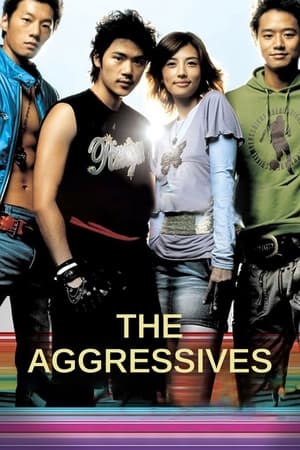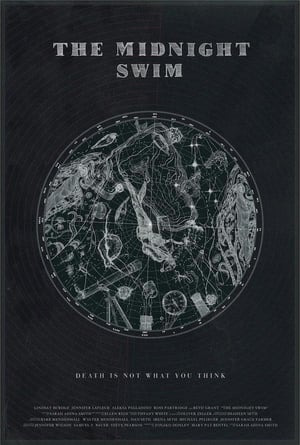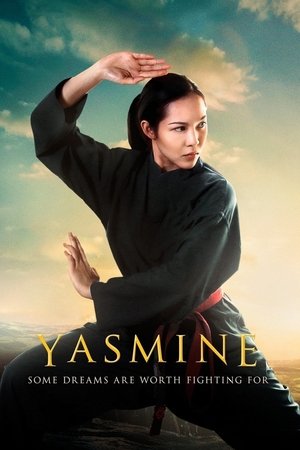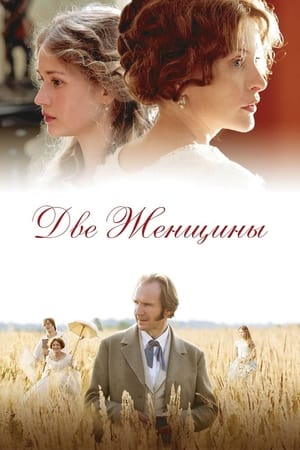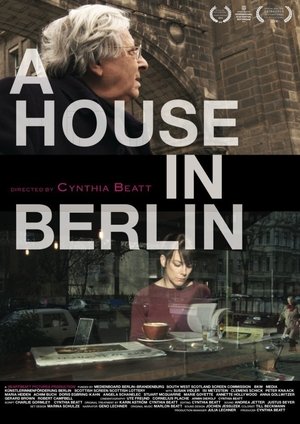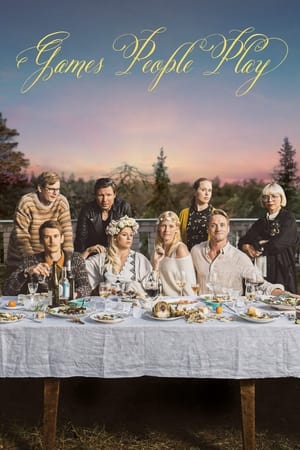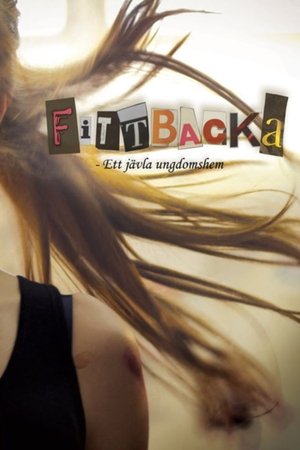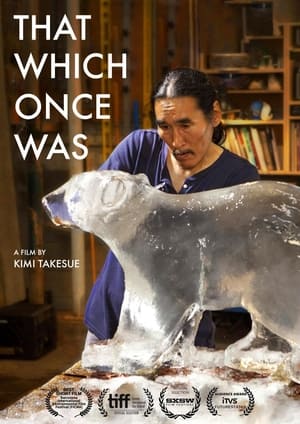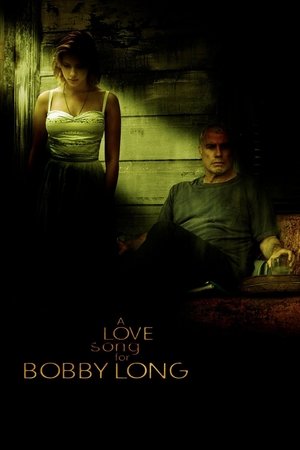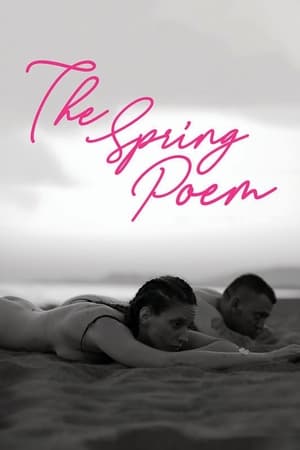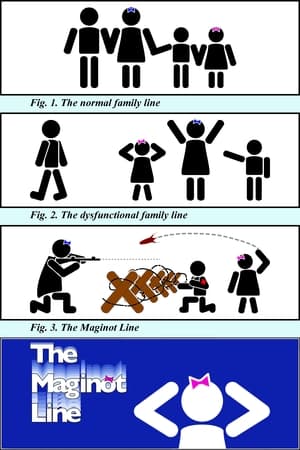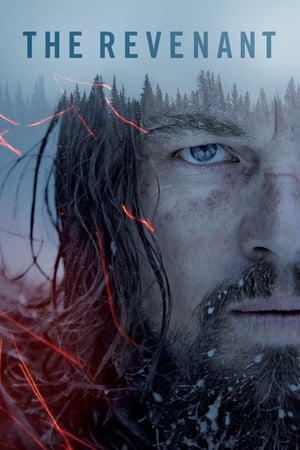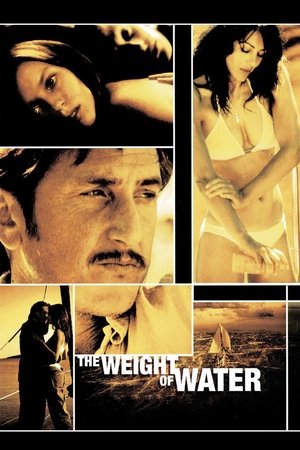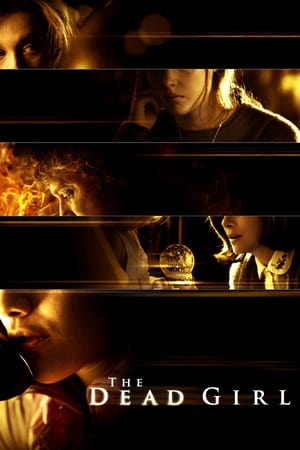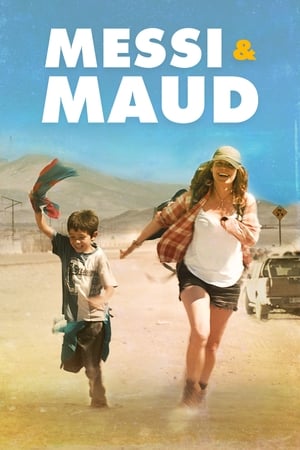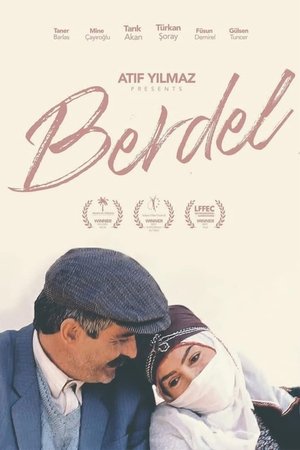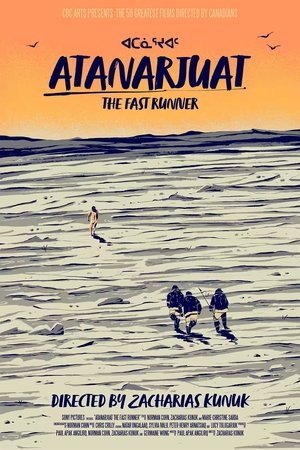Overview
A group of settlers traveling through the Oregon High Desert in 1845 find themselves stranded in harsh conditions.
Reviews
I blame him for saying he did.
Meek's Cutoff is directed by Kelly Reichardt and written by Jonathan Raymond. It stars Michelle Williams, Bruce Greenwood, Will Paton, Paul Dano, Shirley Henderson, Neal Huff, Zoe Kazan and Tommy Nelson. Music is by Jeff Grace and cinematography by Chris Blauvelt. Story is based on an historical incident on the Oregon Trail in 1845, when frontier guide Stephen Meek (Greenwood) led a small band of settlers across the trail in search of richer pastures. For what was meant to be a two week journey, has now turned into five, and the settlers have this horrible feeling that Meek is lost. With no end to the journey in sight, low on food and water, and becoming ravaged by the terrain, the group starts to come apart at the seams.
Those familiar with Kelly Reichardt's work, Old Joy/Wendy & Lucy, will have some idea that Meek's Cutoff was never going to be a traditional Western picture. Often cited as a low-key, minimalist, director, Reichardt has stripped the Western right back to craft a beautifully shot film dealing with the hardships endured both physically and mentally of three families out on the Oregon Trail. Opening without dialogue for the opening seven minutes, where the first voice we hear is that of a child reading Tree of Life, tone is set from the off. We are asked to fill in the blanks ourselves, but it's evident that the group are in trouble, they already look haggard, afraid and near desperation. From here dialogue is as sparse as the terrain they traverse, the wagons crawl at pace, and so to does the film, a slow pace that remains throughout. The interest is all about the characters and their reactions to the situations that arise, no soft soaping or corner cutting, it's stark and uncompromising.
This is a different Wild West, the characters are etched into a parched, sun-bleached landscape, there's no romanticism here, just emotional turmoil, it's like the group are in purgatory, desperately trying to reach that Tree of Life on the other side of yet another obstacle. Shot in the 1.33 aspect ratio, this neatly puts the characters front and centre, most tellingly the women, who are the crux of Meek's Cutoff. This viewpoint gives the film a further lift out of the norm, deftly observing the family based woman's place in the West. One of a number of indelible moments in the piece sees the men move away from the women, who have to observe from distance as the men make the crucial decisions, left holding onto the last vestiges of the civilisation left behind, it says so much without actually doing much, something that Meek's Cutoff thrives on.
The acting is superb, with Williams, Paton and Greenwood leading the way. This collection of thespians really inhabit their roles, giving the film conviction. Conviction born out by Blauvelt's yellow and brown ochres. Grace's music is also sparse, but telling in a film that mostly deals in quiet conversations, or the natural sounds of wheels turning and tin cups clanking. It's finally detailed and the director wants us to not only examine said details, but also to be part of them. It has already proved to be a most divisive picture, something that is very understandable, even to someone like myself who has been beguiled by it. Where some see a slow crawl where nothing much happens, others see a rich human interest journey where the complete opposite is the case. Regardless of how it eventually works out for the viewer, it remains a film that serious Western fans simply have to see and evaluate. 9/10
I can see why the average American thinks this movie is doo-doo; it's not a film that satisfies the American cultural ADD. If you were looking for an action Western with at least a few gun fights, this is not your film. Even if you're a Cosmo reader who expected some safe, Hollywood pablum like Power of the Dog, forget this film.
This is not a Western at all. This masterpiece is an intense, psychological drama that plays out on a very deep, non-verbal level. Nothing is explained. It is meant to be watched and understood in some remote part of the brain.
The tortoise-like pacing and wide, empty cinematography gives one a sense of the isolation and lack of hope as the characters in the film. It is the reaction of the characters to the obvious stressors that is beyond fascinating. I was riveted.

 104 min
104 min
 6.486
6.486
 2011
2011
 USA
USA
 John Chard wrote:
John Chard wrote: